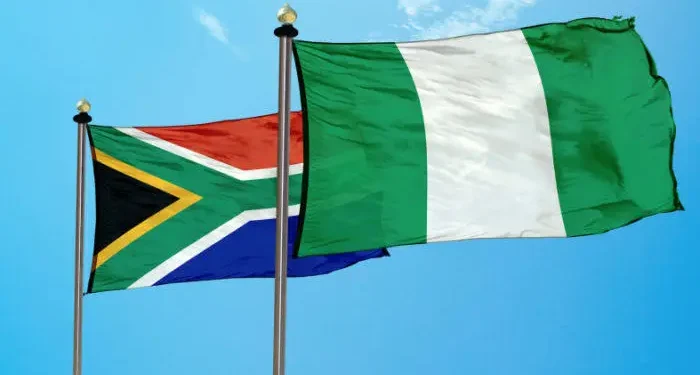As Nigeria and South Africa gear up to clash in an African football semi-final, another battle is already decided in the bond market.
Nigeria’s dollar bonds have emerged as top performers globally, boasting a remarkable 25% return over the past year. In stark contrast, bonds from South Africa, the continent’s second-largest economy, have seen only a modest return of 4.4%. Foreign investor confidence in South Africa has dwindled amidst political and fiscal uncertainties, resulting in record-low bond holdings.
The contrasting fortunes of the two nations, set to face off in the Africa Cup of Nations tournament after over two decades, reflect broader economic trends. Nigeria, under President Bola Tinubu, has embarked on ambitious economic reforms since winning presidential elections, while South Africa grapples with budget deficits and corruption scandals.
Gergely Urmossy, an emerging markets strategist at Societe Generale SA, London, attributes Nigeria’s bond market success to investor confidence in the country’s robust balance sheet and reformist agenda. Tinubu’s administration aims to streamline tax laws, enhance electricity provision, and address fuel subsidies, fostering a positive investment climate.
Despite Nigeria’s impressive bond returns, it ranks slightly behind countries like Tunisia, Pakistan, and Argentina in the global top 10. However, the average performance of emerging market peers stands at a modest 5.8%, according to Bloomberg.
The next phase for Nigeria involves implementing reforms and delivering tangible results. Failure to do so risks widening the risk premium and eroding investor confidence, warns Urmossy.
Meanwhile, South Africa faces mounting concerns ahead of Finance Minister Enoch Godongwana’s budget announcement later in February. Predictions by Fitch Ratings suggest a significant widening of the budget deficit, exacerbating existing economic challenges. The country is also bracing for general elections amidst corruption scandals and crises in key state-owned enterprises.
Despite the economic showdown, Nigeria boasts a superior record on the football pitch, having won the previous three encounters with South Africa in the Africa Cup of Nations. As the underdog, South Africa hopes to defy the odds, with Johannesburg-based portfolio manager Michael Treherne emphasizing the humility and pressure on Nigeria.
In the end, whether on the field or in financial markets, both nations face their unique battles, each striving for victory amidst their respective challenges.










